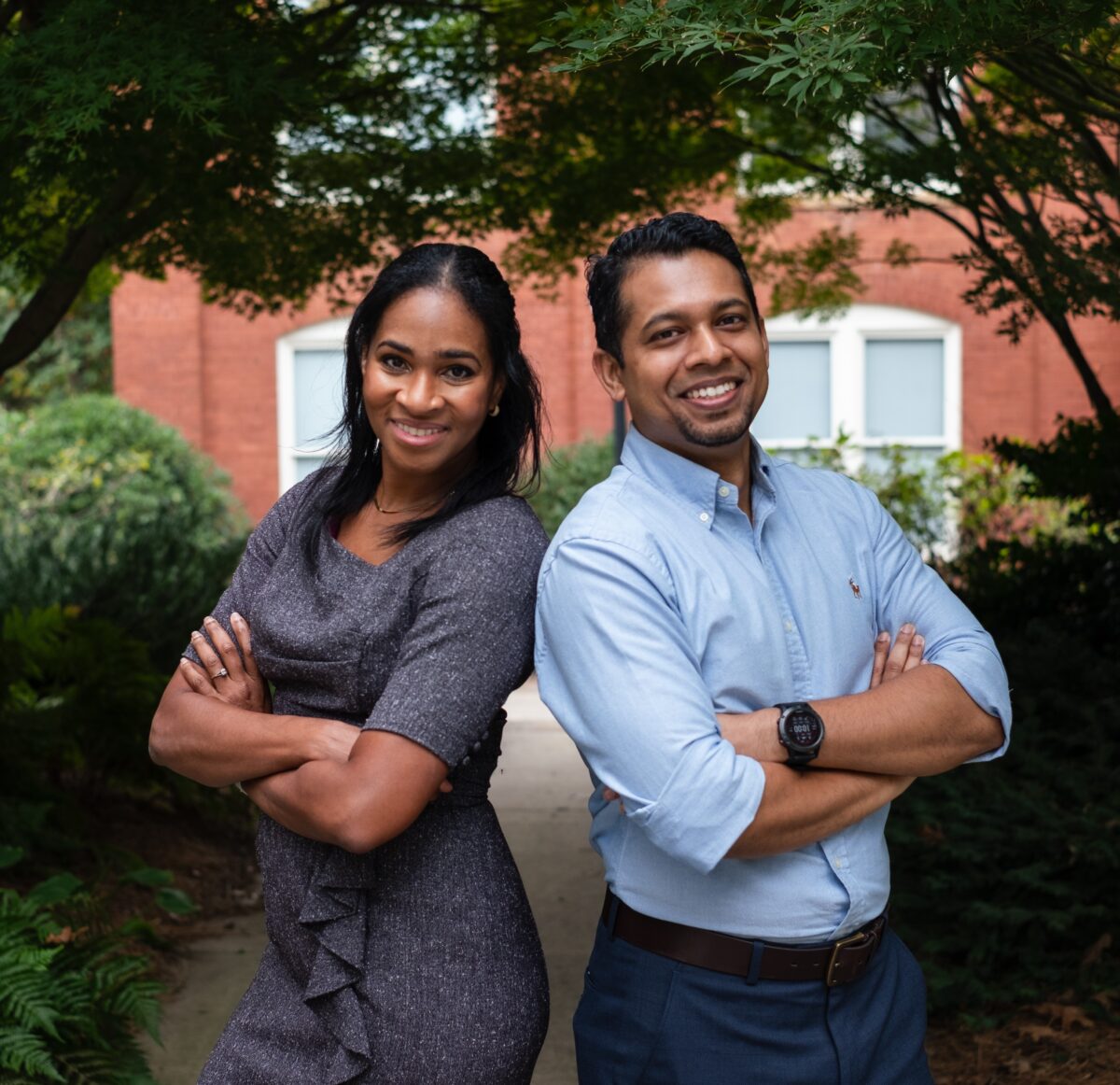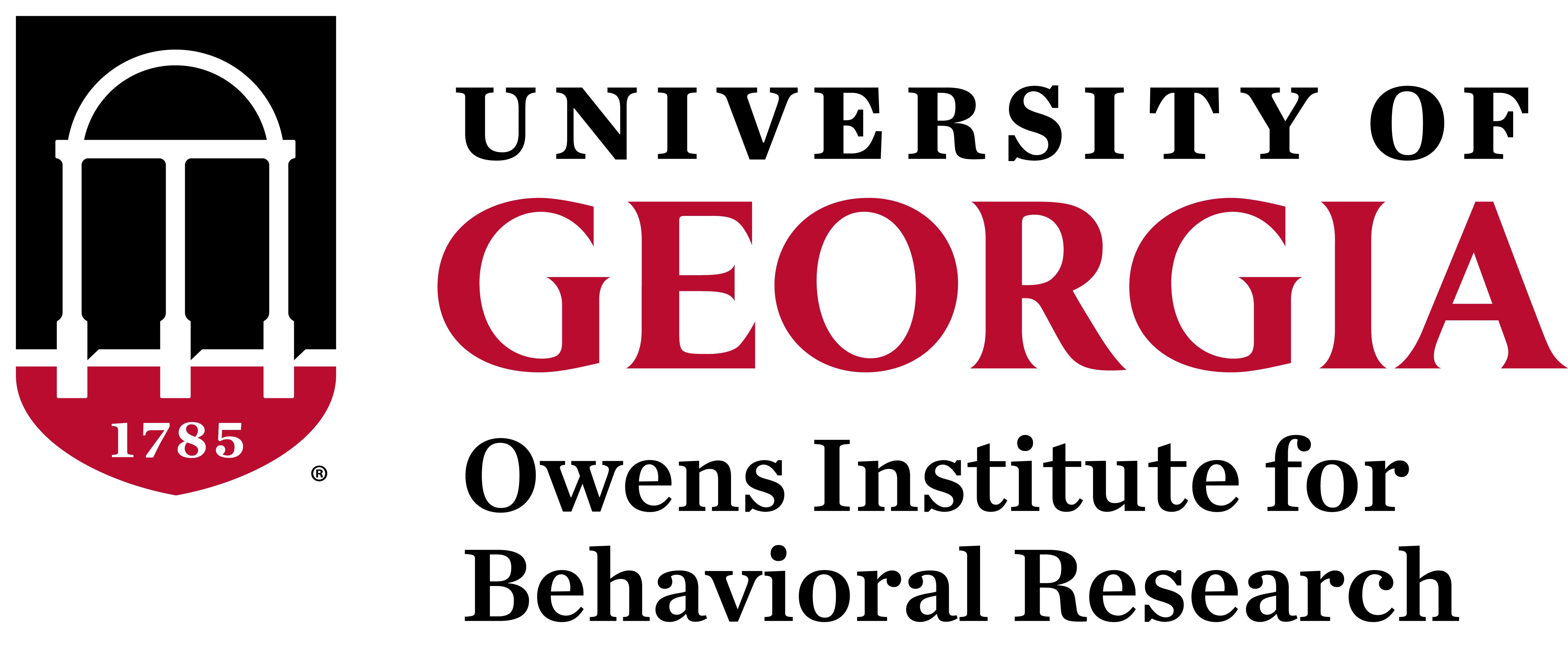Harnessing AI to Advance Maternal Health


When Dr. Soroya McFarlane, OIBR Grant Development Program Graduate and assistant professor in Communication Studies, first began exploring how artificial intelligence (AI) could intersect with her maternal health research, she wasn’t aiming to create just another digital tool. Instead, she imagined a way to transform how critical, often lifesaving, information is shared with women and their families. That vision is now coming to life through THRIVE AI, a groundbreaking project supported by the NIH AIM-AHEAD Program for Artificial Intelligence Readiness (PAIR).
From the THRIVE Project to THRIVE AI
McFarlane’s earlier initiative, the THRIVE Project, focused on empowering families during childbirth with accessible, evidence-based resources. As she looked for ways to expand its reach, she identified natural language processing (NLP) as a promising tool to simplify complex scientific information into everyday language.
Her path forward became clear when she discovered the AIM-AHEAD PAIR program, which offered both advanced AI training and funding. “It was the perfect opportunity,” McFarlane explains. “PAIR gave me the tools to deepen my expertise in AI while also supporting my mission to provide resources for birth companions and families.”
Collaboration Sparked at OIBR
The seeds of this project were planted during an OIBR working group meeting on social science and computational methods. There, McFarlane connected with Dr. Ishtiaque Fazlul, Co-PI, and OIBR affiliate and assistant professor in the College of Public Health and School of Public & International Affairs. Their shared interests—maternal health communication and computational approaches—made collaboration a natural fit. Together, they bring complementary expertise: McFarland in communication science, Fazlul in causal inference and machine learning.
OIBR has been a key connector throughout this journey, helping McFarlane navigate UGA’s research ecosystem and build the infrastructure needed to secure funding and launch the project.
Addressing Black Maternal Health Disparities
In the U.S., Black women are three to five times more likely to die from childbirth-related causes than their white counterparts—regardless of education, geography, or pre-existing conditions.
For McFarlane, many of these inequities are rooted in fundamental communication problems: women not being heard, medical information shared in inaccessible ways, and misaligned or inappropriate treatments.
“Communication science gives us theories and strategies to contribute to solutions,” she says. “By applying AI thoughtfully, we can create interventions that ensure Black women and their families feel informed, supported, and heard.”
Community at the Center
One of the most rewarding aspects of the THRIVE project, McFarlane emphasizes, is its community-engaged approach. From the earliest proposal stages, community partners have been active collaborators, helping shape the project’s direction and ensuring that the tools being built reflect real-world needs.
“The most gratifying part,” she shares, “is having communities as experts by experience, not just as research subjects. That validation keeps us focused on creating solutions with real-world impact.”
Navigating Surprises and Challenges
Even with UGA’s nearly 50-year history of artificial intelligence research, McFarlane’s team discovered they were the first on campus to attempt direct procurement with OpenAI. “It was surprising to realize how new some aspects of this work still are within our institution,” she notes.
Another ongoing challenge is the fast pace of the AI field. While academic research is methodical by design, AI evolves daily. “We’re learning as we go—building expertise and conducting studies—while also making sure our results aren’t outdated by the time they’re complete,” McFarlane says.
Building a National Network
Through the PAIR program, McFarlane has gained access to a national network of scholars working at the intersection of AI and health equity. Partnerships with institutions like Meharry Medical College are opening doors for collaboration with computer science faculty and students tackling similar projects. These connections not only expand the scope of THRIVE AI but also enhance its potential to positively impact maternal health outcomes on a national scale.
Looking Ahead
Over the next five years, McFarlane envisions the THRIVE platform becoming a widely adopted resource across hospitals nationwide. The goal is not only to improve clinical outcomes but also to transform the birthing experience, reducing fear, increasing satisfaction, and helping underserved communities take an active role in their care.
“The real measure of success,” McFarlane reflects, “is when research moves off the page and into tools that directly support families.”
Learn More
Written by: Andrea Horsman. Oct. 10, 2025
